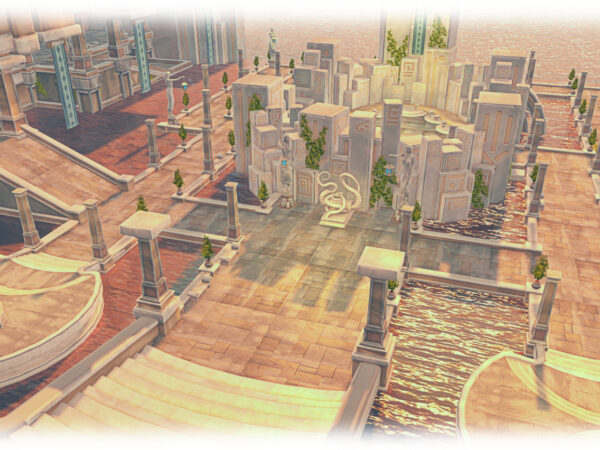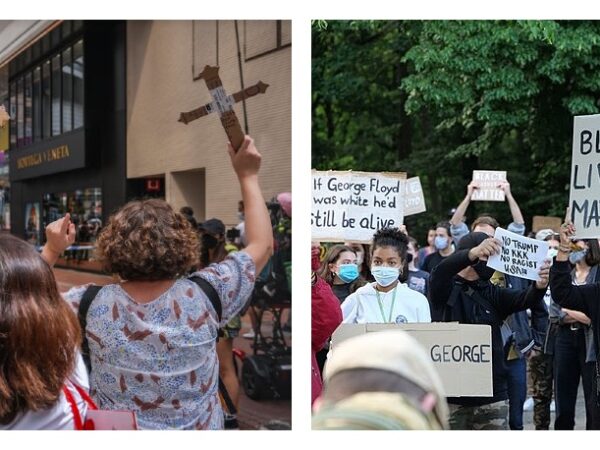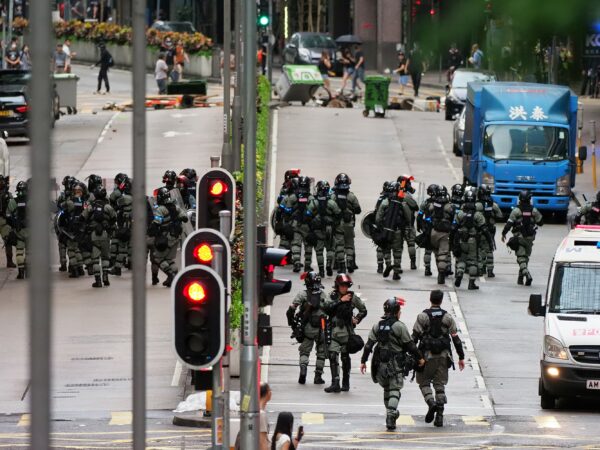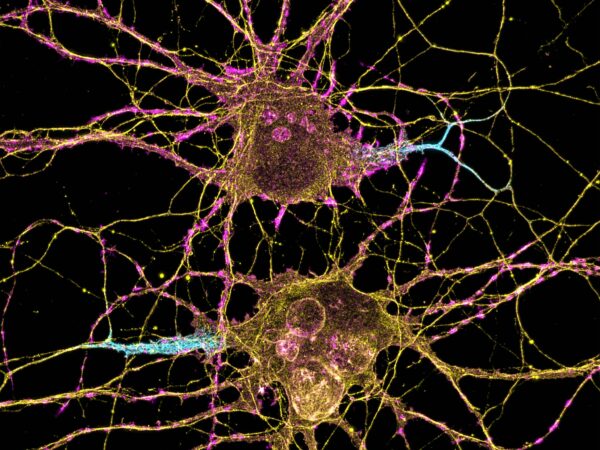
Indian citizens stepping up to save as many lives as they could embody what the Kingdom of God is about: collective self-care, mutual aid, without a king, while also holding earthly kings accountable for not attending to the needs of their public whether or not there is a crisis.

The politics of identity often has Indigenous persons grappling with the dichotomy of US empire’s labels of the Native American Indian as contaminating evil or contaminated victim. For Indigenous Christians Jesus calls on us to spurn these limiting designations, to embrace the spirit of interdependent creation, which brings us back to a family of justice and life.
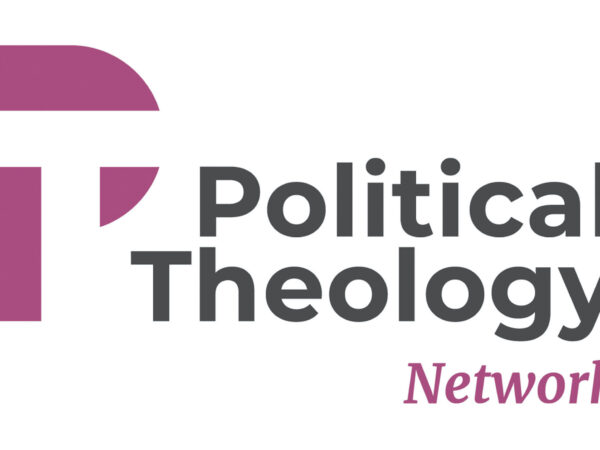
The Political Theology Network (PTN) seeks two co-hosts who are enthusiastic about developing our ASSEMBLY podcast!
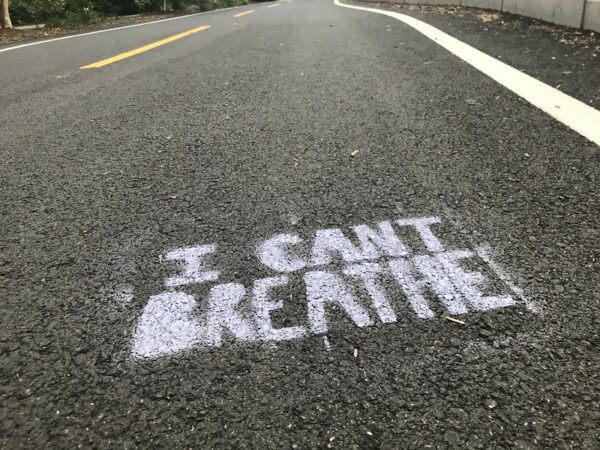
I am struck by the resonance of this notion of asphyxiation, of debilitation as asphyxiation, which makes sense not just to think about debilitated populations in the United States and Palestine/Israel, but also other populations too, in spaces ruled, albeit in different ways, by the logics of neo-liberal capitalism and biopolitical security.

